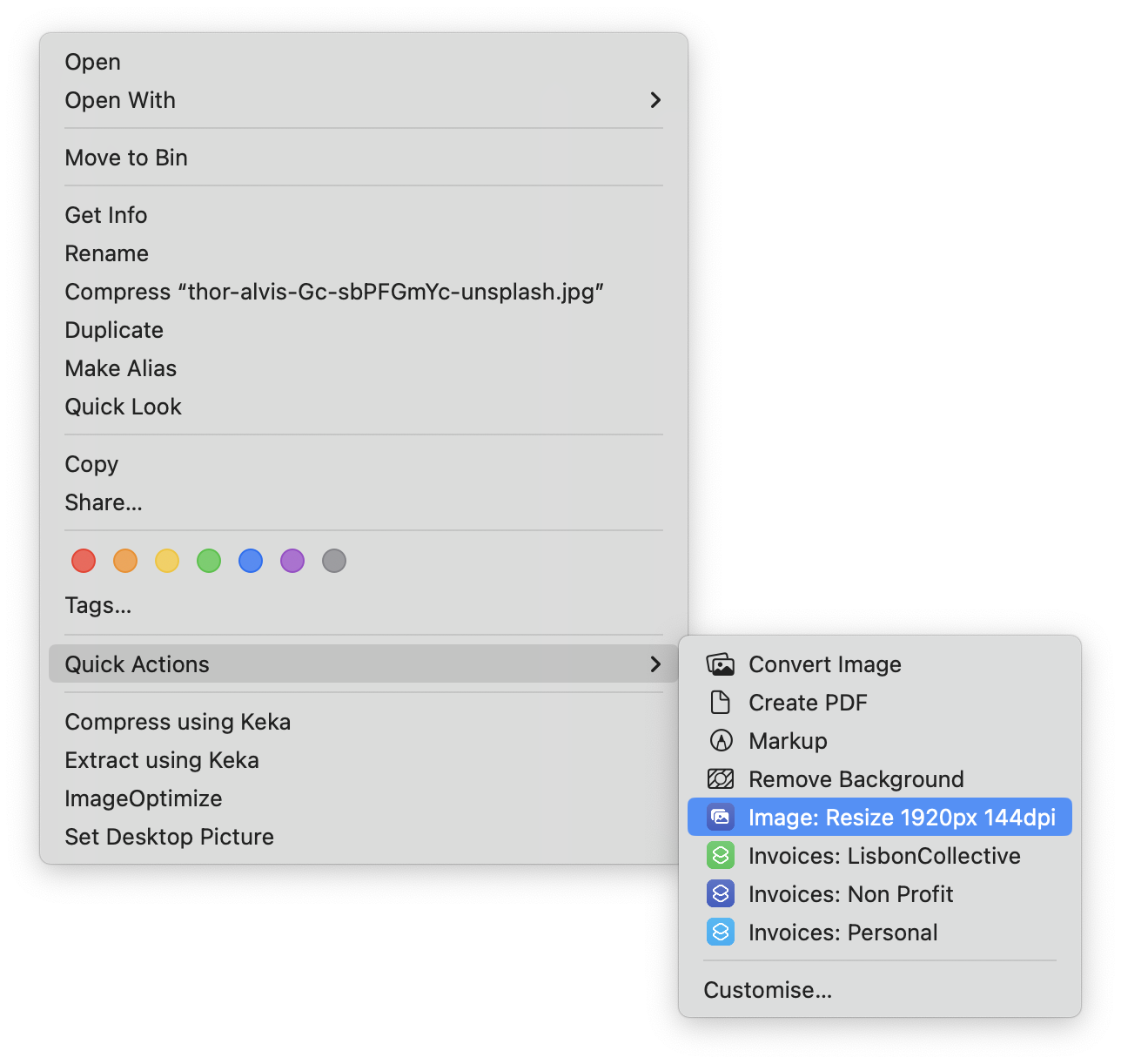This week I felt more inclined towards a pessimistic view of #AI, so this will feel a bit like a rant. And it is, to a point, but most importantly it’s an attempt to get AI down to brass tacks.
I’ve been grabbing everything that may be interesting around AI but the discourse is pretty much the same everywhere. Startups are popping up trying to sell AI-powered features of some sort, including market research. Experts are boasting about their AI Newsletters, claiming to have thousands of subscribers to what I feel is of little substance. Then they try to sell you their latest e-book that doesn’t go further than listing prompts or a large collection of tools I will never remember.
As I write this, there are 119 people subscribed. And I do my best to make sure that you always get something worth your time.
The big topics this week were the European AI Act, how AI isn’t right for Market Research, and my dismal synthesis of all you need to know about AI.
European AI Act
I am still getting up to speed with the European AI Act and already have some questions.
The AI Act aims to provide AI developers and deployers with clear requirements and obligations regarding specific uses of AI. Source
Who are the deployers? #Meta’s companies have been using Machine Learning (ML) models to tailor their newsfeeds almost since the beginning. Google uses clustering ML to target ads. It would therefore be expected they should follow the same regulations.
And how much applied AI technology counts towards the proposed risk assessment of the EU AI Act?
@Philippe Borremans as already shared some ideas on the impact of the AI Act in Crisis Communication.
From where I stand, I am not worried about PR and Comms professionals. The AI act can only bring us some piece of mind that we aren’t steering away from what is right. My worries are about developers and how they, as individuals, are shielded from scrutiny because they work behind the scenes. Of course, there are exceptions, like the Google employee who staged a protest against Israel at a tech event. The employee was protesting Project Nimbus, a $1.2 billion cloud-computing contract between Google and Amazon, and Israel’s government.
AI Market Research
Is this a scam or an opportunity for PR and Comms Professionals?
Researchers are considering using artificial intelligence (AI) to replace human participants in some scientific studies, a move that could save time and money but may compromise the quality of results. This approach, using large language models (LLMs) like OpenAI’s GPT-4, has been tested in several studies and has shown potential in generating human-like responses. However, critics argue that AI lacks the complexity and lived experiences of humans, and its use could lead to scientifically inaccurate results.
(summary by ChatGPT)
Source: Scientific American
Full paper: https://doi.org/10.48550/arXiv.2401.08572
From the abstract: “(…) these proposals ignore and ultimately conflict with foundational values of work with human participants: representation, inclusion, and understanding (…)”
All You Need to Know about AI
Blog posts, news pieces, webinars, LinkedIn posts, all echo the same things.
- AI won’t take our jobs away. People who know how to use AI will take away our jobs.
- AI gives you a mediocre draft, not a finished product.
- AI will be a part of every aspect of our lives.
- Not yet, but ok.
- AI hallucinates and we need to pay attention.
- As if we never reviewed our work asking “What the hell was I thinking?”
- There are ethical concerns about the use of AI.
- And they are nothing new, the CIPR saw it coming and gave us tools to handle ethical concerns.
- We need to insert AI into our processes.
- There are hundreds of tools out there. It’s time to move on to discuss practical applications.
- We need to develop new methods to make the most out of AI.
- This one demands more out of PR and Comms. Professionals, after all, we are not known for having the highest level of technical knowledge. And again, it’s time for practical examples.
- We have to worry about the privacy of our data!
- Yes, and the only options are to run your AI Software locally or trust a vendor. Let’s move on.
- AI will have a massive impact on climate!
- Is it? I don’t know to what extent will AI software have a carbon footprint different from the standard data-center. And we’re assuming an AI running on fossil fuel, not on a green grid. And websites have a carbon footprint too. Some websites try to measure a website’s carbon footprint. The climate emergency is real but it won’t be just AI to tip that scale.
- AI is a great time saver!
- Is it? It gets menial tasks done but that gain is lost with the time spent writing a good prompt or reviewing the output.
We are on the same page regarding these issues. Can we move on to practical examples?
Take this blog as an example. It is written in plain text files using #markdown. I use Visual Studio Code so that I can plug it in with the Grammarly extension. Grammarly uses AI to suggest edits and it is perfect for non-English speakers. And this way I don’t have to make a big change to my method.
Resizing images for the blog is something that happens often, so I used ChatGPT to create an Apple Shortcut to save me time.

This coming week I want to go a bit more in-depth on how these tools work and how you can benefit from them. I have been using @Rui Carmo’s integration between MacOS and the OpenAI API with good results.
Your AI tool for today
https://ideaape.com/, claims to be The only AI Market Research Tool that works. You can only test it after signing up. One interesting feature is that it monitors Reddit to try to find trends in real-time.
https://www.dora.run/ai, claims to generate a website using AI. After testing it, I figured out it is an AI interface between you and Google’s flutter.dev, an app like Figma that is used to build designs for the web. It’s not a website. A website must include some sort of content management system like WordPress or Contentful. It can still be useful to speed up that first draft.
https://3daistudio.com/, is a tool to create 3D images from a prompt. It’s worth the time to explore if your job involves showcasing objects in some way, or just want to have fun.

